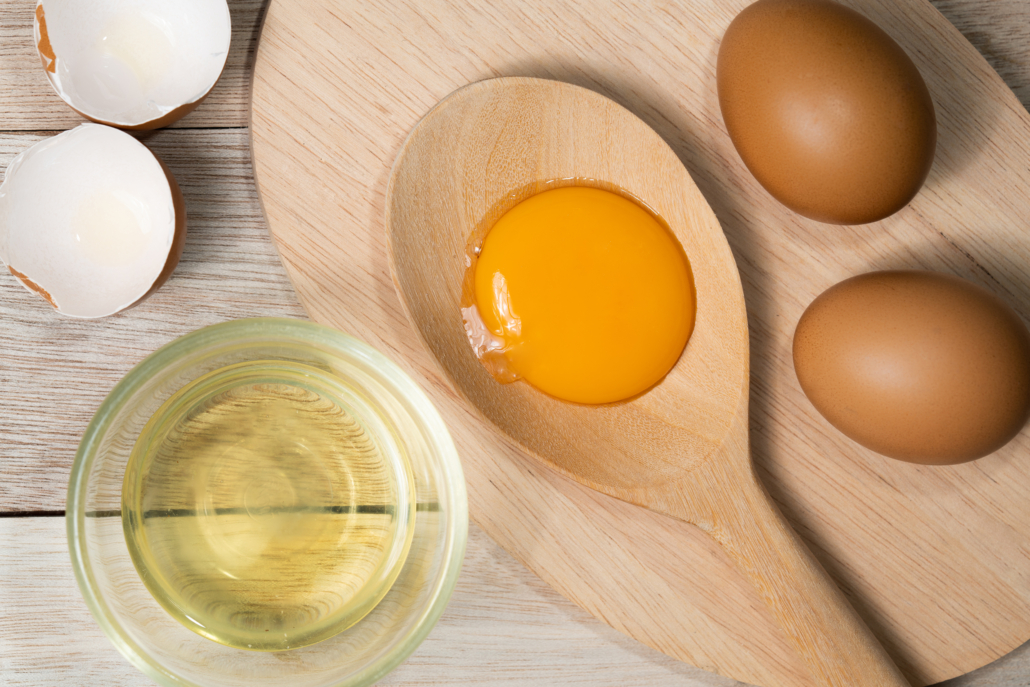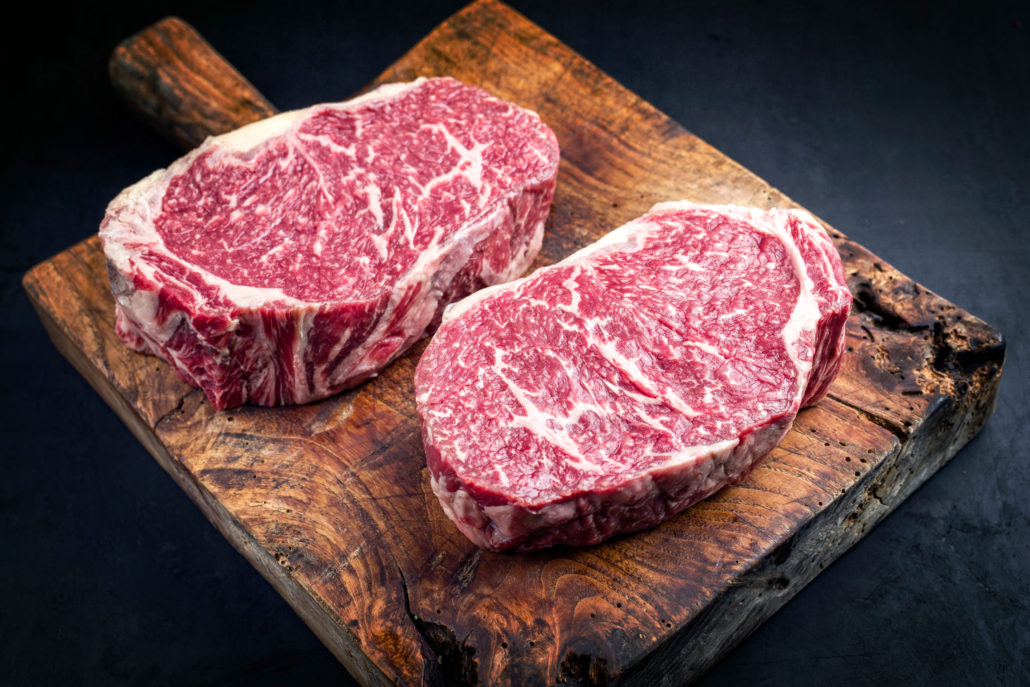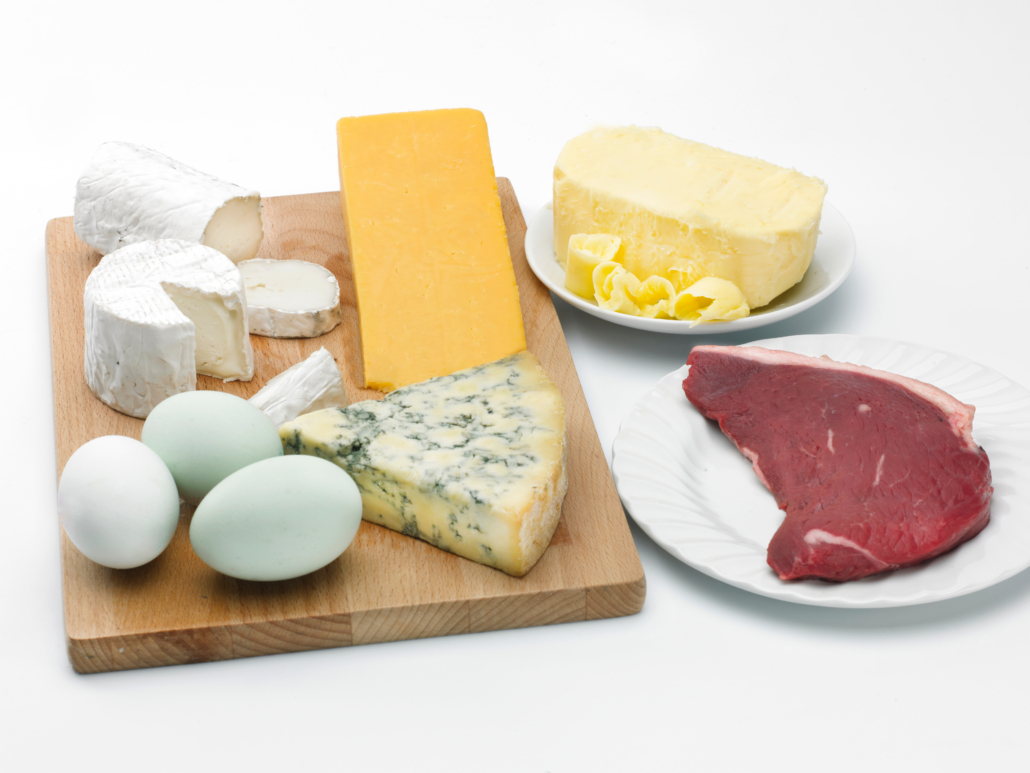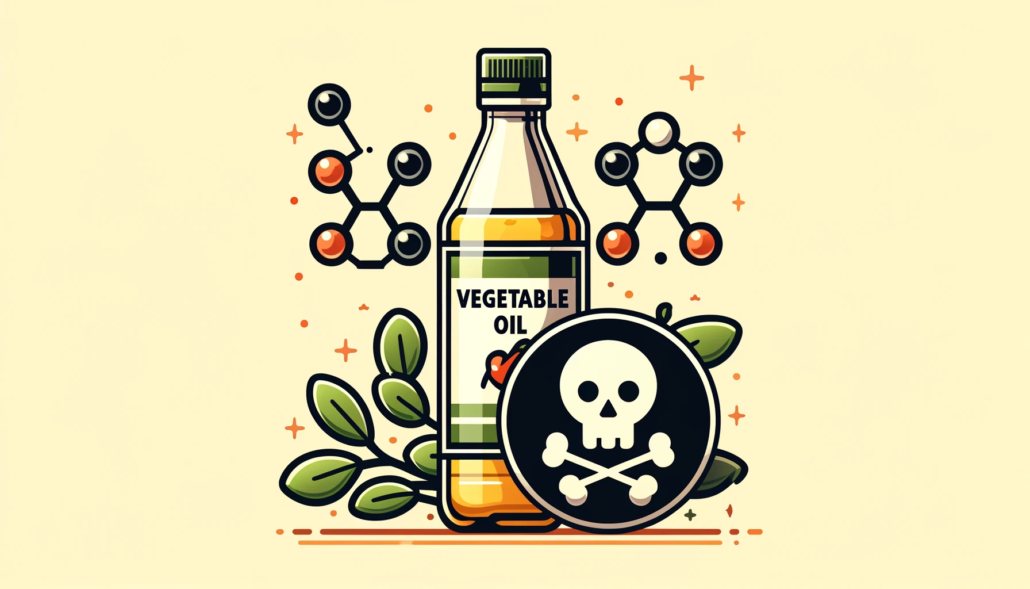We include products in articles we think are useful for our readers. If you buy products or services through links on our website, we may earn a small commission.
Carnivore Diet Supplements
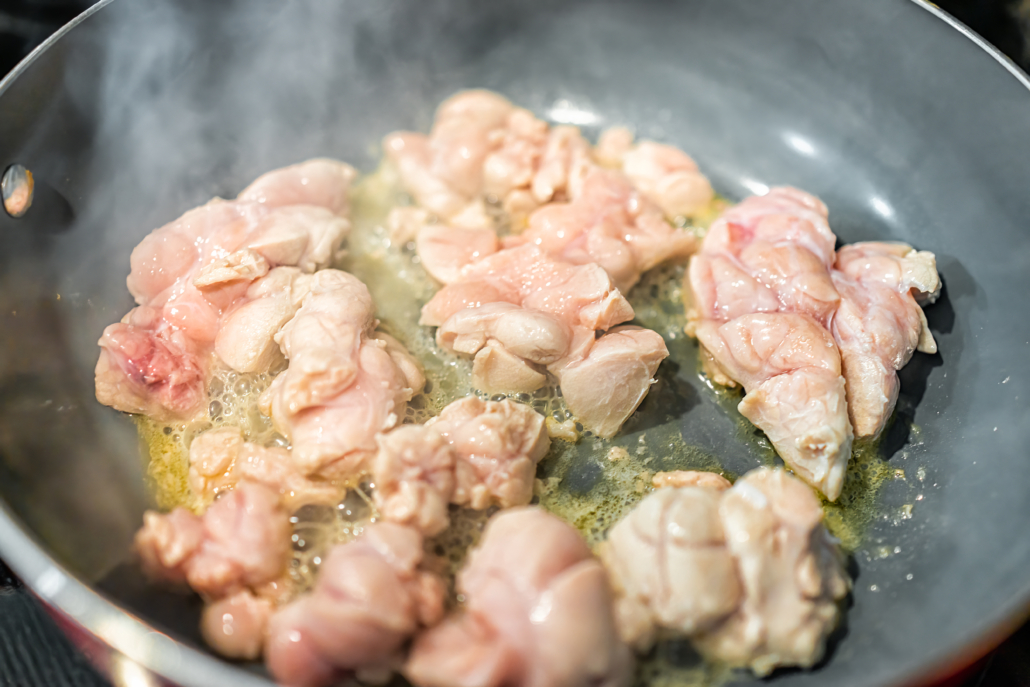
The carnivore diet calls for eliminating all plant foods and consuming only animal products–especially red meat. This more restrictive way of eating raises the question of what nutrients might be missing on carnivore, and if there is a need for carnivore diet supplements?
Yet, upon closer inspection, an all-meat diet provides a far greater variety and density of nutrients than a Standard American diet based on processed and plant foods.
In this article, we’ll explore the question of carnivore diet supplements by looking at the nutrients that animal products provide in abundance and how to source harder-to-get nutrients from various animal products. Then, if all else fails, we’ll direct you to some helpful over-the-counter supplements.
Table of Contents
Vitamins and Minerals on the Carnivore Diet
Animal products are the most nutrient-dense foods on earth, bar none. “Nutrient density” refers to the amount and variety of nutrients per gram of food.
Gram-for-gram plant foods do not come close to matching the nutrient density of meat and animal products. This phenomenon is called “meat efficiency.”
| APPLE (100 g) | CARROTS (100 g) | RED MEAT (100 g) | BEEF LIVER (100 g) | |
| Calcium | 3.0 mg | 3.3 mg | 11.0 mg | 11.0 mg |
| Phosphorus | 6.0 mg | 31.0 mg | 140.0 mg | 476.0 mg |
| Magnesium | 4.8 mg | 6.2 mg | 15.0 mg | 18.0 mg |
| Potassium | 139.0 mg | 222.0 mg | 370.0 mg | 380.0 mg |
| Iron | .1 mg | .6 mg | 3.3 mg | 8.8 mg |
| Zinc | .05 mg | .3 mg | 4.4 mg | 4.0 mg |
| Copper | .04 mg | .08 mg | .18 mg | 12.0 mg |
| Vitamin A | None | None | 40 IU | 53,400 IU |
| Vitamin D | None | None | Trace | 19 IU |
| Vitamin E | .37 mg | .11 mg | 1.7 mg | .63 mg |
| Vitamin C | 7.0 mg | 6.0 mg | 16 mg | 27.0 mg |
| Thiamin | .03 mg | .05 mg | .05 mg | .26 mg |
| Riboflavin | .02 mg | .05 mg | .20 mg | 4.19 mg |
| Niacin | .10 mg | .60 mg | 4.0 mg | 16.5 mg |
| Pantothenic Acid | .11 mg | .19 mg | .42 mg | 8.8 mg |
| Vitamin B6 | .03 mg | .10 mg | .07 mg | .73 mg |
| Folate | 8.0 mcg | 24.0 mcg | 4.0 mcg | 145.0 mcg |
| Biotin | None | .42 mcg | 2.08 mcg | 96.0 mcg |
| Vitamin B12 | None | None | 1.84 mcg | 111.3 mcg |
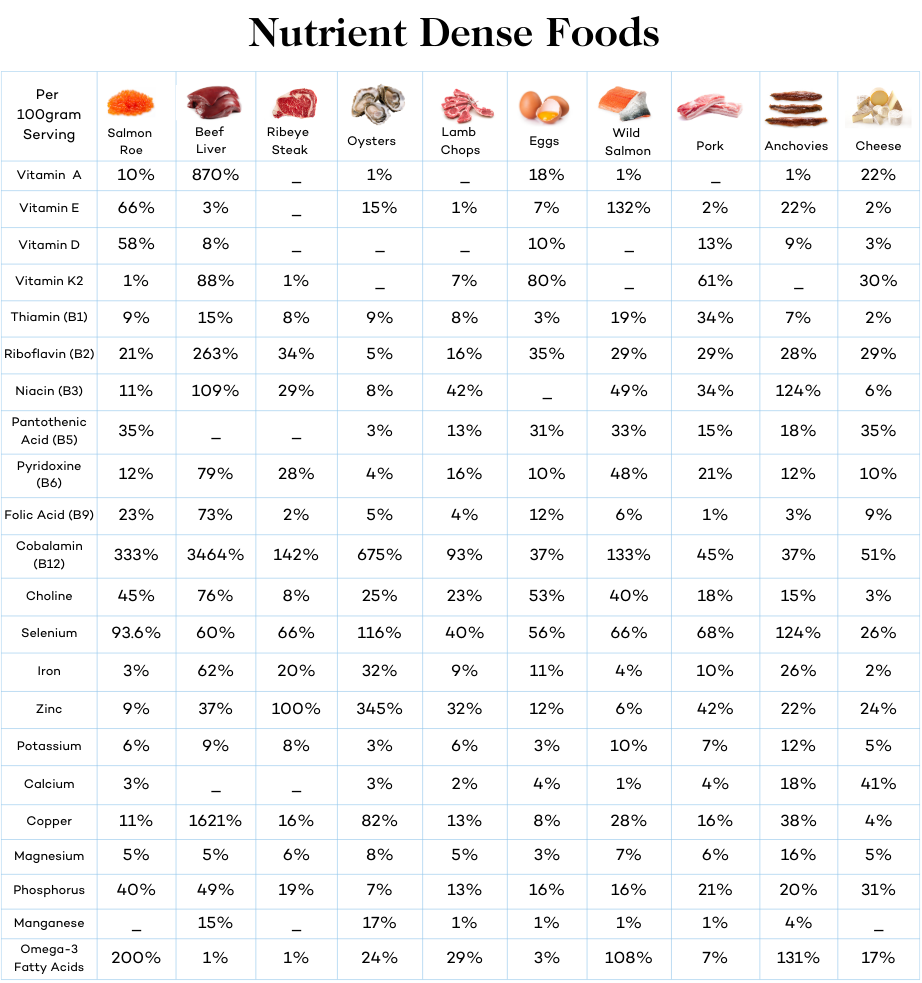
It’s also worth highlighting that there are numerous nutrients that are either exclusive to, or only found in appreciable amounts in animal products. These nutrients include
- D3
- B12
- Vitamin A (Retinol)
- Creatine
- Choline
- Carnitine
- Carnosine
- Heme iron
- Docosahexaenoic acid (DHA)
- Eicosapentaenoic Acid (EPA)
- Conjugated linoleic acid
- Vitamin K2
- Taurine
- Selenium
- Various amino acids such as tyrosine and tryptophan
You don’t need to think about supplementing any of the above nutrients on carnivore.
What about the Nutrients in Plants?
Though plant foods do contain some essential vitamins and minerals, plant nutrients are delivered in formats that are far more difficult for the human body to digest and utilize than the versions of those nutrients found in animal products.
For example, the zinc you get from red meat is 400% better absorbed than zinc from plants.
Furthermore, plants contain various antinutrients, such as phytates (phytic acid), lectins, and oxalates, that bind to zinc, iron, and calcium, resulting in deficiencies, even when plant foods contain these nutrients.
This is all to convey that if you consume a well-formulated carnivore diet, there is no need for supplements.
That said, some people worry about vitamin C and electrolytes like potassium and magnesium, which are less abundant in meat. Let’s explore these harder-to-get nutrients below.
Carnivore Diet Vitamin C
One of the myths of the carnivore diet is that if you don’t eat plant foods, you’ll be deficient in vitamin C and get scurvy.
But recent research tells us that consuming fresh meat in the quantities called for on a carnivore diet provides more than enough vitamin C to ward off scurvy–10mg per day.
Research published in Meat Science Journal found that fresh beef provides approximately 1.6 mcg/g of vitamin C in grain-fed meat, and 2.56 mcg/g in grass-fed meat.
A standard carnivore dieter consumes around 1000 grams (2.2 lbs) of red meat per day. This provides 1.6mg (grain-fed) and 2.56 mg of vitamin C, respectively. Far more than enough to prevent scurvy.
| Beef Muscle Meet (1000 grams/2.2 lbs) | Amount Vitamin C | % sufficient to prevent scurvy |
| Grass-fed beef | 2.56 mg | 25% |
| Grain-fed beef | 1.6 mg | 16% |
In addition to muscle meat, seafood and organ meats provide supplemental vitamin C. In this way, it’s smart to think about organ meats like thymus as a true carnivore diet supplement.
| Animal-Based Foods High in Vitamin C | Amount Vitamin C | % sufficient to prevent scurvy |
| Beef spleen (100g) | 45.5mg | 455% |
| Beef thymus (100g) | 34mg | 340% |
| Salmon Roe (100g) | 16 mg | 160% |
| Beef Pancreas (100g) | 13.7 mg | 137% |
| Chicken giblets (100g) | 13.1mg | 131% |
| Beef Brain (100g) | 10.7 mg | 107% |
| Beef Kidney (100g) | 9.4 mg | 94% |
| Oysters (6 oysters, or 88 grams) | 3.3 mg | 33% |
| Raw Liver (100g) | 1.3 mg | 13% |
Getting enough Magnesium on the Carnivore Diet
Magnesium is an essential electrolyte that your body needs to fulfill numerous physical functions and ultimately survive.
Most people need to consume around 400mg of magnesium per day.
1lb of ribeye steak or lamb provides around 100mg of magnesium.
Consuming 2-3 lbs of steak alone gives you 200-300 mg of magnesium, leaving the remainder 100-200mg to other foods or supplements.
Other carnivore food groups that provide more magnesium include cheese and seafood.
- Atlantic Mackerel: 97 mg per 100 grams
- Anchovies (canned): 69 mg per 100 grams
- Sardines: 58 mg per 100 grams
- Oysters: 58 mg per 100 grams
- Shrimp/prawns 39 mg per 100 grams
- Mussels 37 mg per 100 grams
- Parmesan cheese: 38 mg per 100 grams
- Sharp cheddar: 32 mg per 100 grams
Carnivore Diet Potassium
Like magnesium, potassium is an essential electrolyte that is more available in plant foods than animal products. That said, a well-formulated carnivore diet can more than satisfy your potassium needs.
Here’s a list of carnivore diet foods high in potassium.
| Food | Potassium per serving (mg) | % RDV |
| Salt cod (8oz) | 3353mg | 111% |
| Ground chicken (8oz) | 1557mg | 53% |
| Wild salmon (8oz) | 1444mg | 48% |
| Clams (8oz) | 1444mg | 48% |
| Bacon | 1359mg | 45% |
| Atlantic halibut (8oz) | 1324mg | 44% |
| Pork loin (8oz) | 1304mg | 43% |
| Ground beef (8oz) | 996mg | 33% |
| Beef ribs (8oz) | 941mg | 31% |
What Supplements Can I Take on the Carnivore Diet?
Ok, so after reading the above, if you’d rather not think about formulating your diet to cover your nutrient needs, here’s a rundown of common carnivore diet supplements.
Carnivore Electrolyte Supplements
Keto Chow is an electrolyte formula created by Carnivore enthusiast Dr. Ken Berry.
Simply add a few drops to your water or even directly to your steak.
Create your own
If you’d rather create your own bespoke carnivore diet electrolyte supplement regiment, follow these guidelines.
- 400mg of magnesium citrate
- 1-3 99mg potassium citrate supplements. Taking more potassium than this runs the risk of heart failure. Be careful!
- Salt food liberally*
To rebalance electrolytes on a very low-carb diet, many doctors familiar with carnivore recommend consuming at least 12 grams (2 tsp) of salt daily in the first few days of adapting to carnivore.
After that, consume at least 5 grams (about 1 tsp) of salt daily to avoid headaches, fatigue, and constipation.
Bile Supplements on Carnivore
The carnivore diet is, by default, a high-fat, moderate protein, low-carb diet.
To digest all that additional animal fat, your body needs to produce enough bile. Bile emulsifies (mixes) fats into a substance that your intestines can absorb.
Most people go through a period of adjustment as their body learns to upregulate bile production to meet the new fat load.
However, people with IBS/IBD may have issues with creating enough bile when adapting to carnivore.
Considering the importance of bile for digestion and the discomfort that can occur during the transition period, ox bile and Betaine HCL supplements can help with the transition.


Carnivore Diet Supplements: The Bottom Line
The all-meat carnivore diet marks a radical departure from mainstream dietary guidelines calling for varied, plant-based food sources. So, it’s understandable that people are concerned about the possibility of carnivore diet supplements to cover any deficiencies.
However, animal-based foods provide a superior variety and density of nearly every essential nutrient.
The only areas where supplements on the carnivore diet may be appropriate (but not necessary) are electrolytes and bile supplements.
Perhaps the most effective way to think about carnivore diet supplements is to “supplement” like our hypercarnivorous ancestors: consume various animal-based products, especially organ meats.













